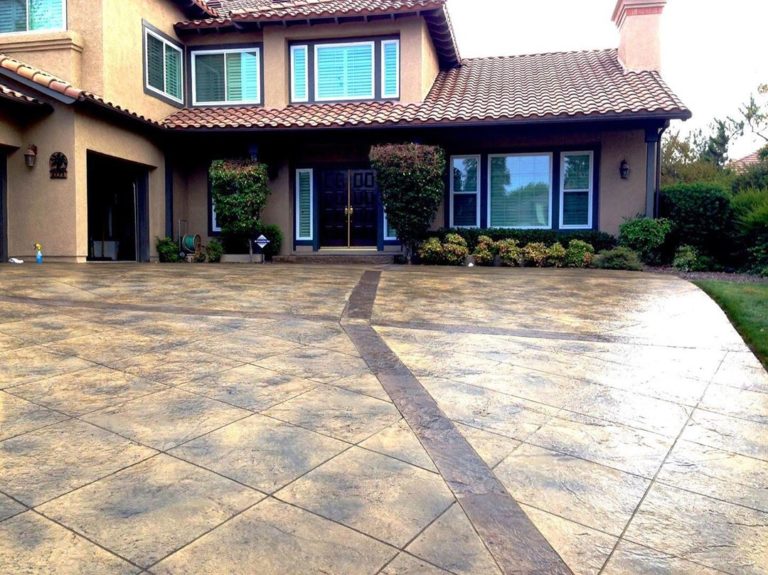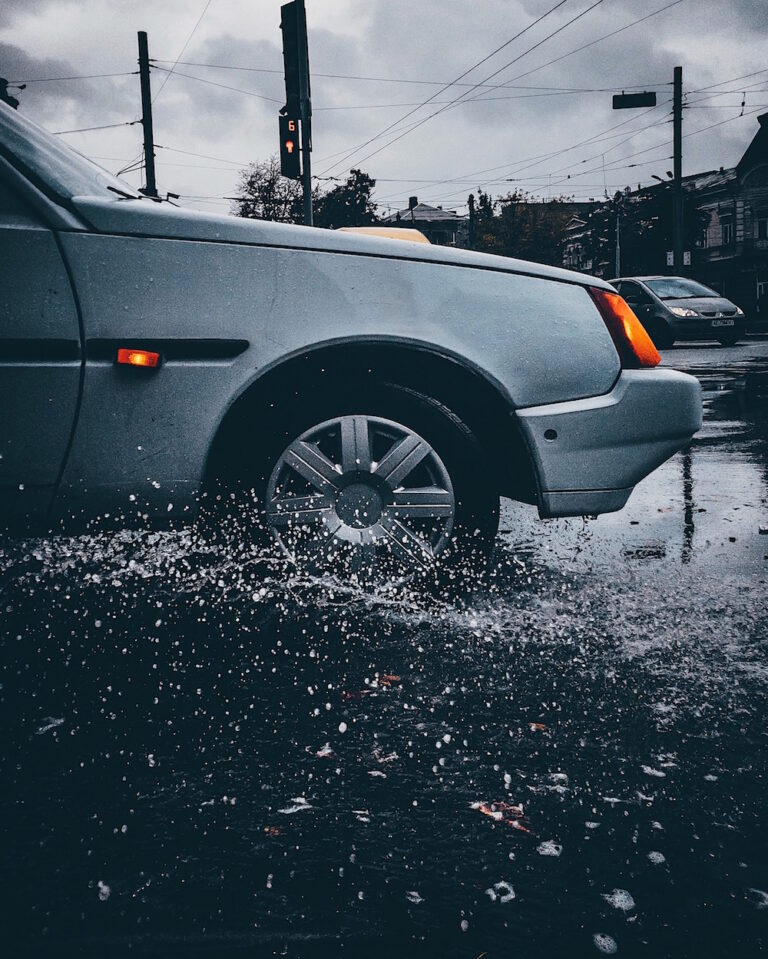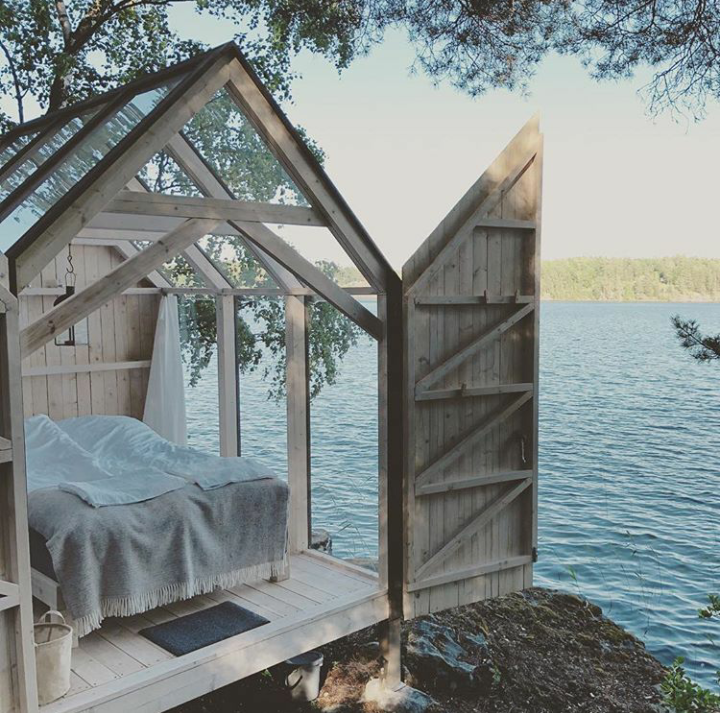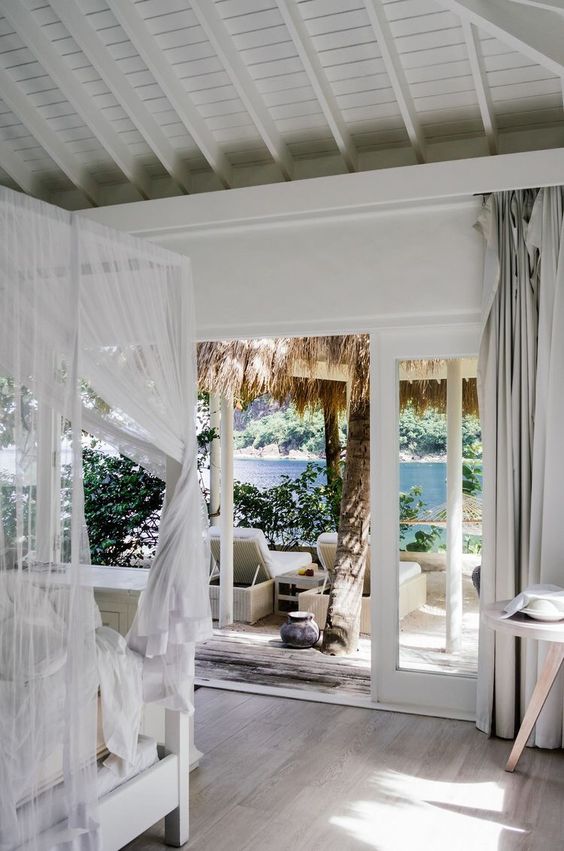Keep Your Cool: The Handy Homeowner’s Guide to Common A/C Problems and Their Solutions
Air conditioning uses up 12% of the nation’s home energy costs. 87% of US homes need them and every homeowner has to repair them.
Do you enjoy the benefits of an air conditioner but struggle to understand how it works? Today’s homeowners want simple DIY solutions and you’ll be surprised to learn that some repairs are easy.

How does air conditioning work and how does it fit into your HVAC system? What are the most common A/C problems? Is a broken A/C unit easy to fix?
Read on to learn about the most common A/C problems and how to pinpoint them. This simple A/C guide will have you ready for the warmer temperatures ahead.
Understand Your HVAC System
HVAC stands for Heating, Ventilation, and Air Conditioning. It’s important to understand what role your A/C unit plays in the entire system.
How does your HVAC system work? Its job is to move air from one location to another and to change the temperature of the air according to your needs. In the Winter you need a reliable furnace or boiler to heat the house. In the Summer you need an A/C unit to keep things cool.

Some homes have separate systems to control air temperature and regulation. But most of today’s homes use a combined system that uses a single blower to circulate air. The air is moved through internal ducts to different areas in the house.
Understanding an HVAC system will help you if you’re diving into the housing market or doing repairs. Once you know how your home’s system works, it’ll be easier to fix your A/C unit.
Your A/C Unit
If you live in an area with humid and hot temperatures, you likely rely on an A/C unit to live comfortably. But US homeownership comes with pros and cons.
It’s normal for an A/C unit to stop working when it’s worn out or having system issues. If you want to address these problems, you’ll need to know which type of cooling system you have.

You know that the A/C unit is responsible for cooling down your house, but do you understand all of its components? There are different types of cooling units, but they have basic parts outside the home and inside the home.
An air conditioning unit works like a refrigerator. It uses electricity to pull refrigerant between the indoor and outdoor units.
A fan pulls your home’s warm air into the ducts. Then, the refrigerant moves from the outside compressor coil to the inside evaporator coil. As it travels, it absorbs heat from the air. Finally, the cooled air is pushed out into your home to lower the temperature.
It’s a basic process that needs complicated parts to work well. Like any machine, the process stops if the parts break down.
So what do you do if your A/C stopped working in the house? If it happens during a warm season, it leaves your home extra humid and overheated.
There are common air conditioner problems that any homeowner can easily pinpoint. Once you know what’s wrong, it’s easy to call a professional or do it yourself.
Common A/C Problems
Over time your A/C unit will break down from normal wear and tear. When this happens, it causes your unit to stop working. You’ll get the best ac repair from a professional, but sometimes there are easy DIY fixes.
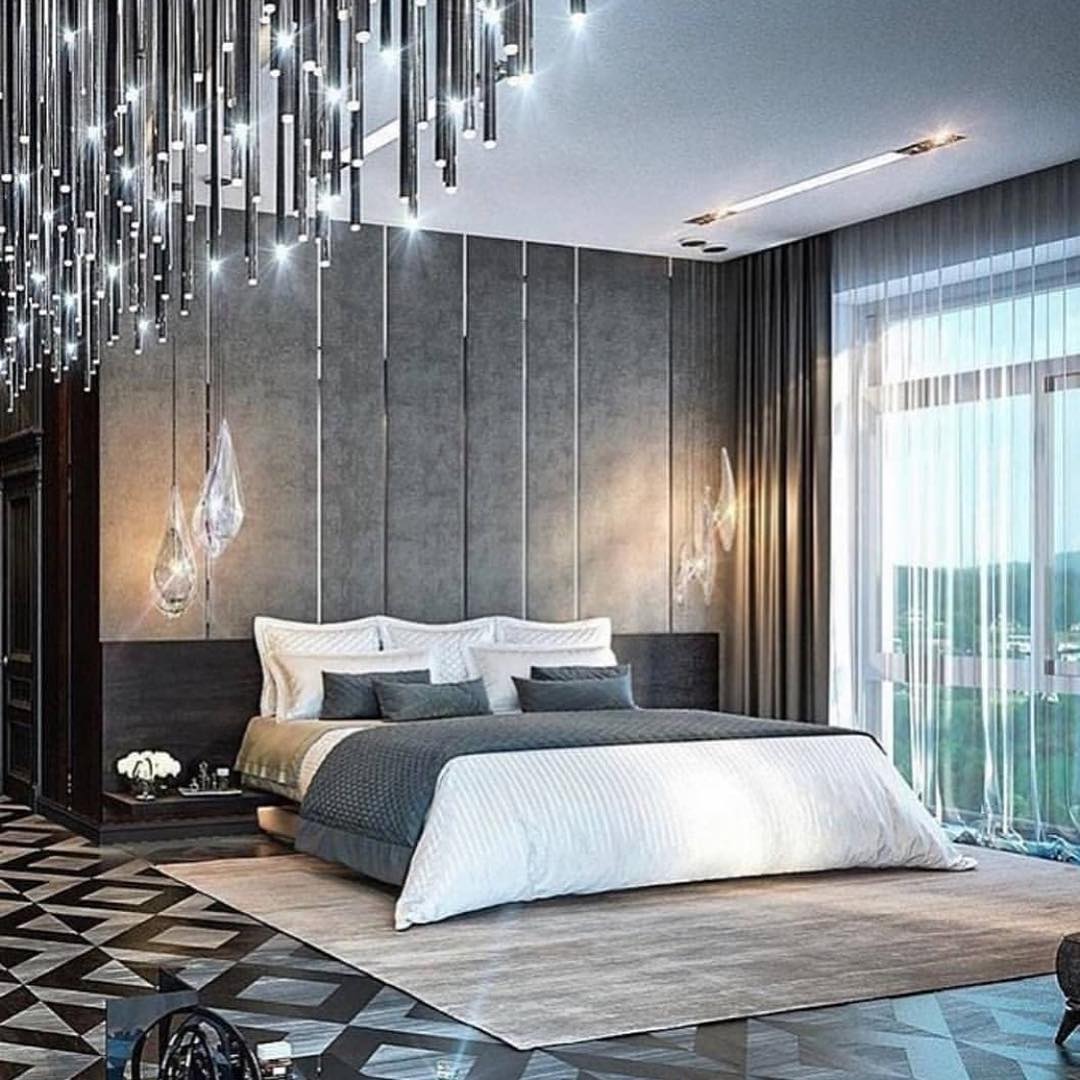
Have you been wondering why your house won’t cool down? Here are some common air conditioning problems to look for.
1. Poor Maintenance
A/C units don’t last forever and they have to be maintained regularly. If you haven’t been scheduling annual maintenance, it can lead to problems. Filters and air conditioning coils get dirty from dust and grime. When this happens, the compressor and fan may fail and your A/C unit won’t be able to do its job.
2. Faulty Wiring
If your A/C unit was installed by an overzealous DIY-er, then it may have poor wiring. Incorrect and uncertified wiring is a possible fire hazard and a dangerous issue. It will cause your unit to stop working and you’ll need to call a skilled professional for repairs.
3. Low Refrigerant
Refrigerant is the chemical that’s used to cool the air in your A/C unit. When your system doesn’t have enough, your house will feel hot.

It’s uncommon for a cooling system to need more refrigerant. If your A/C is short on the chemical, then 90% of the time it means you have leakage.
When this happens, you should get it fixed right away. The United States EPA has labeled most refrigerants as ozone-depleting substances (ODS). If you think you have a refrigerant leakage, it’s time to call in a qualified home-service expert for repairs.
4. Broken Outside Fan
The outside fan’s job is to move heat from your house to the outside air. If this doesn’t happen, it can cause your A/C compressor to overheat. This may trip the safety overload, which turns it off to prevent a possible fire. An overload can cause internal damage to the compressor and can be expensive to repair.
5. Electrical Failure
A/C Units need their own breaker because they use large amounts of energy. But the electric controls for your unit can wear out over time. This is especially common when a system is oversized. If it’s not a problem with the breaker, you might have damaged wires within the system.

Corroded wires or improper connections will stop your A/C from working. You’ll need a professional to locate any damaged wires because it can be dangerous for an unskilled homeowner to try and fix this problem alone.
6. Problems with the Sensor
Air conditioners need thermostat sensors to measure the temperature of the air going into the evaporator coil. If the sensor gets knocked out of position or breaks, then the air conditioner may behave abnormally. If this is your unit’s issue, you may notice your air conditioning running constantly.
7. Drainage Issues
Your outside A/C unit will have a condensate drain line that’s needed for the system to work. Sometimes this drain line can get clogged or have a blockage that stops the water from going out. Luckily, it’s a simple fix to clean out the line and remove any blockage.
Easy A/C Solutions
Fixing your broken A/C unit may not be as stressful as it sounds. There are some fixes that can be managed easily and inexpensively.
Replace Parts
The contactor and start/run capacitor are sometimes the most common air conditioning problems. These parts break down often and are inexpensive to buy. If your A/C unit is older than five years, this is a good place to start your repairs.
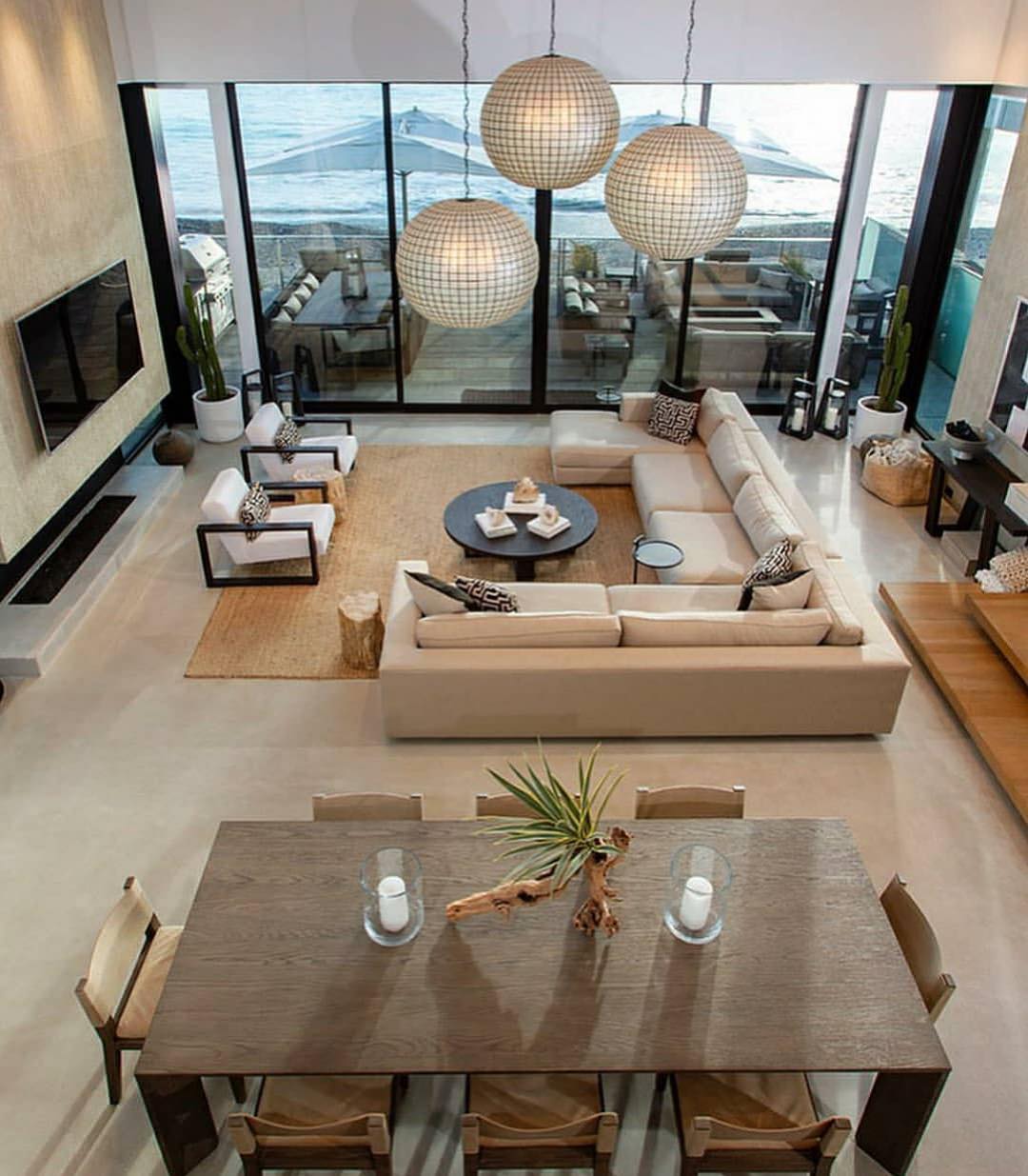
Check Your Furnace
Your cooling problem might be the furnace instead of the A/C unit. Adjust your thermostat to A/C mode and lower the temperature. If the fan doesn’t start to run, then you should check the furnace circuit breaker. It may need to be reset.
Test the Fuses
A blown fuse is a major sign that you have a broken part in the condensing unit. If you replace the fuse and it still blows after you turn the unit back on, it’s time to call a professional.
Inspect the Access Panel
A good place to start checking for A/C damage is to inspect the access panel. Make sure to turn the power off before you begin this process. Once the power is off, remove the panel and inspect its parts. If you see chewed wires or evidence of rodents, then you’ll need to replace those parts.
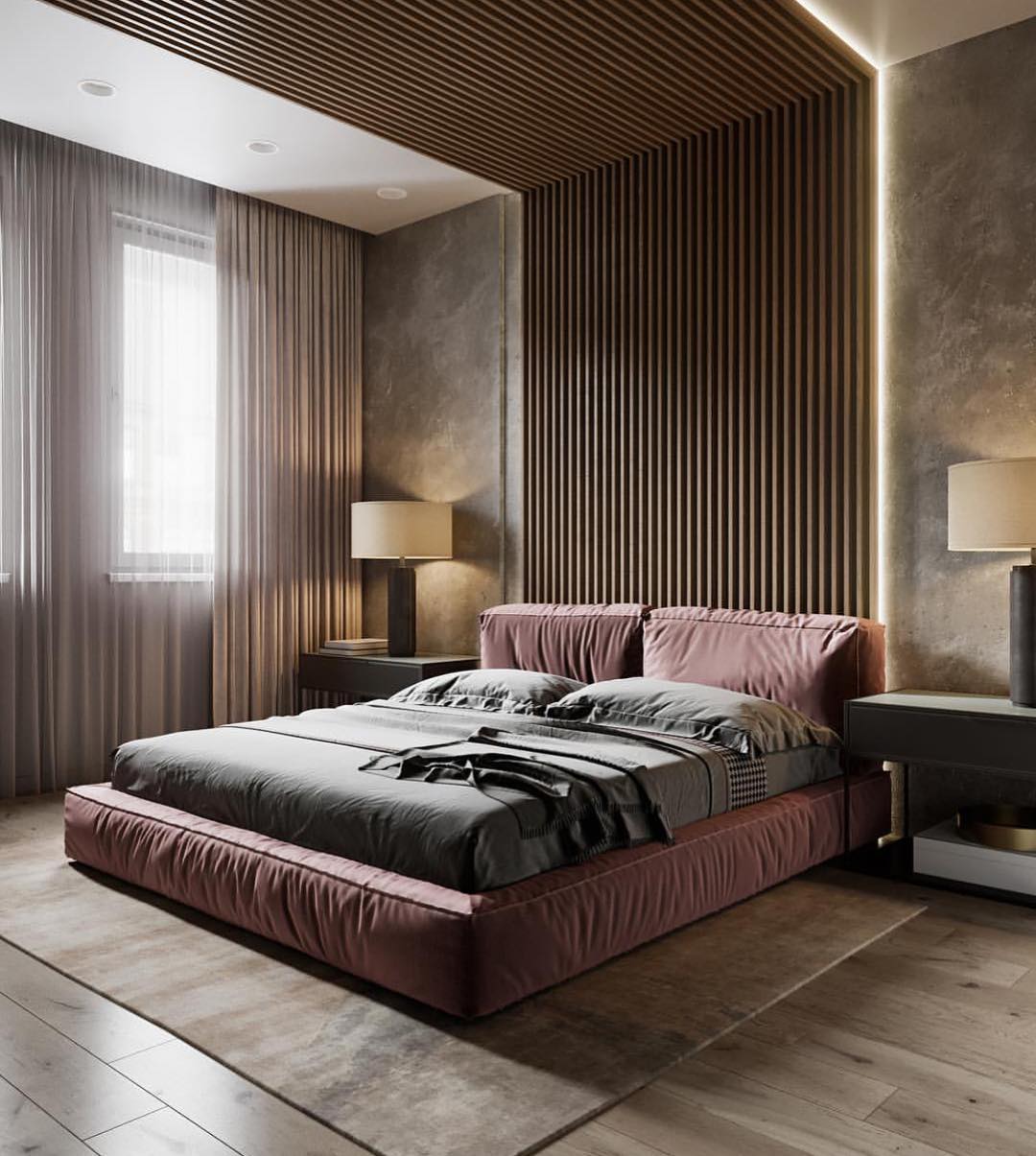
Call Your Local HVAC Servicer
Remember that your A/C system uses complex wiring that can be dangerous to handle alone. Air conditioners can last anywhere between 10-15 years and wear and tear is a normal part of its lifespan.
Schedule regular maintenance when the seasons change so that your HVAC system is in good shape. Some repairs are simple but don’t attempt anything dangerous. Sometimes the safest and most cost-effective option is to call a heating and air conditioning contractor.
Bonus Tip: Balance Your Air
Air balancing is a great technique to get the most life out of your A/C unit. It can enhance your air conditioner’s performance and regulate temperatures.
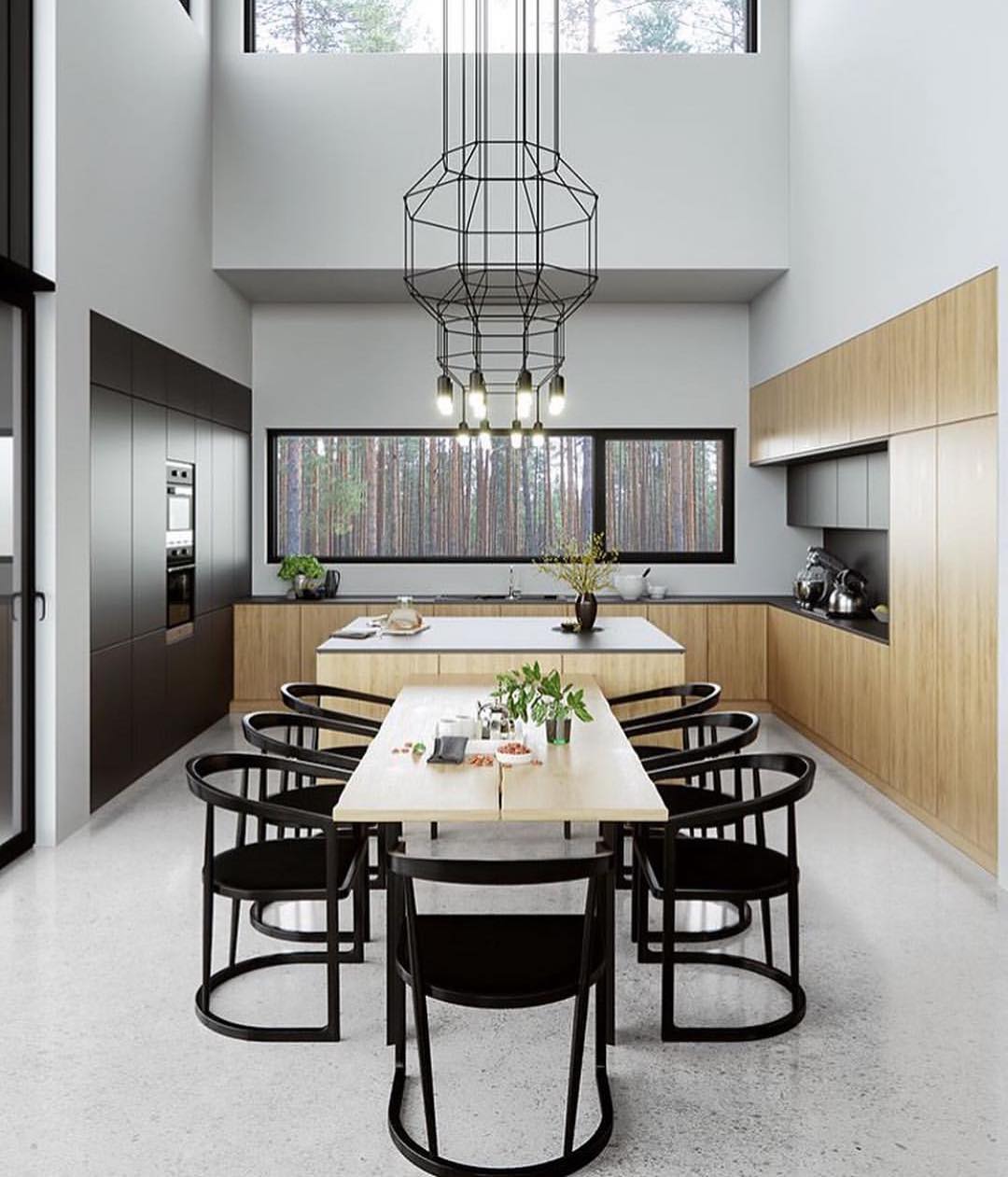
You might feel hot spots in your house and think your A/C is broken when it’s not. Unbalanced air is common in households and it only needs a simple adjustment.
You can call an HVAC servicer to test and adjust your heating and cooling system. Once this is done, you’ll find that it helps your A/C unit work better and last longer.
Keep Your Cool
If you come home and find your A/C not working, there are issues that are easy to pinpoint. You might need to replace basic parts that are too worn down. Your A/C system might need to be cleaned in order to work properly. A/C problems can also involve electrical wiring though, so it’s important to call a professional when something major breaks.
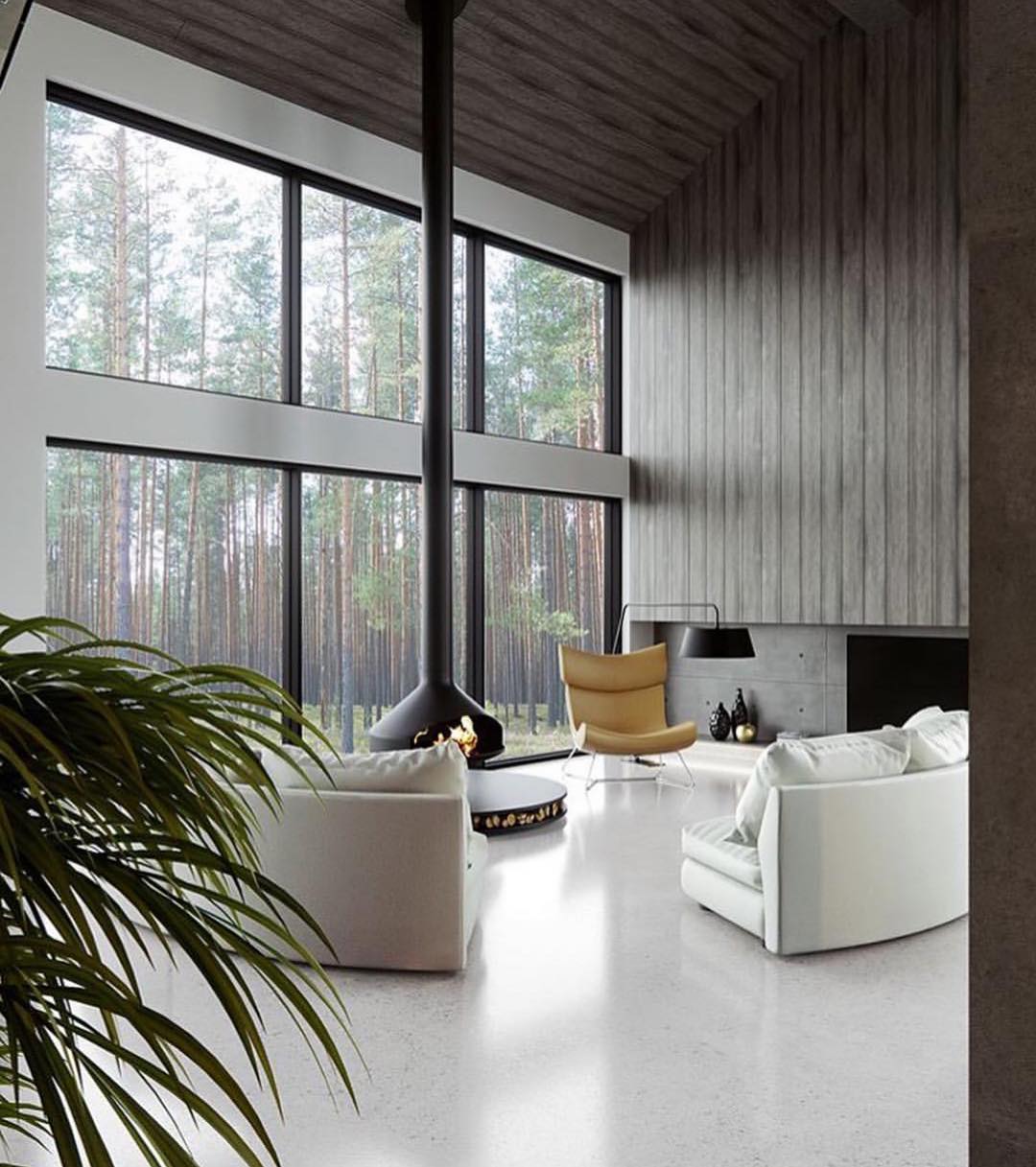
Finished with your home repair projects and want to tackle something new? You can browse our online magazine for some more healthy lifestyle tips.

